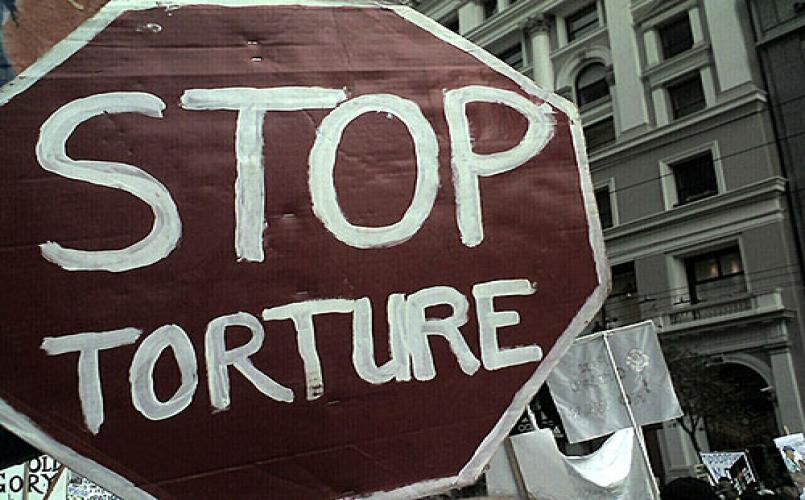In December 2020, the OSCE Ministerial Council adopted Decision No. 7/20 “Prevention and eradication of torture and other cruel, inhuman or degrading treatment or punishment.”
This ministerial decision lays down extended commitments to ensure a practical implementation of the prohibition of torture. This Review presents an assessment of countries’ compliance with these commitments.
In the Preamble to the Decision, the OSCE participating States emphasize “that the prohibition of torture is a peremptory norm of international law without territorial limitation, which applies at all times and in all places,” and the first commitment calls upon States to “uphold the absolute prohibition of all forms of torture and other cruel, inhuman or degrading treatment or punishment as set forth in the UNCAT [United Nations Convention against Torture and Other Cruel, Inhuman or Degrading Treatment or Punishment], implement fully and in good faith its provisions and act in full conformity with all its principles.”
Experts of the Civic Solidarity Platform’s Working Group on Fight against Torture have reviewed the Concluding Observations adopted in the three recent years (2019-2021) by the UN Committee against Torture following consideration of the periodic reports submitted by the States Parties to the UN Convention against Torture. The key issues that affect compliance with the commitments set forth in Decision 7/20 are highlighted in the first section of this Review.
As a follow-up, the Civic Solidarity Platform’s Working Group on Fight against Torture, based on the findings from periodic measurements of the Prohibition of Torture Index since 2020, has identified a group of problems which must be addressed as a matter of priority through joint efforts of the government and civil society. (These findings mainly concern Russia, Ukraine, Belarus, Moldova, Tajikistan, Kyrgyzstan, Kazakhstan, Poland). These problems are highlighted and presented sequentially in sections two to four of this Review.
Decision No. 7/20 refers for the first time to enforced disappearances and prolonged incommunicado detention or detention in secret places as factors that can facilitate the perpetration of torture and other cruel, inhuman or degrading treatment or punishment and can in and of themselves constitute a form of such treatment. The section five of this Review provides a more detailed description of this issue in the OSCE region, with recommendations for needed actions.
Read the full assessment in English or Russian.

